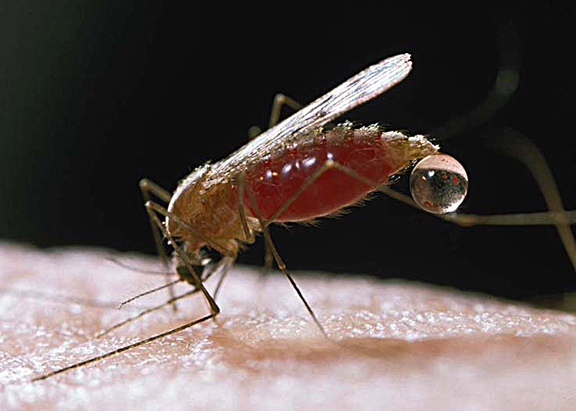
Due to the severity of the Zika virus, the San Benito Health & Human Services Agency sent out another warning for people traveling to Latin America, including vacation destination spots Acapulco, Cancun, Cabo San Lucas, Puerto Vallarta, Ixtapa, Mazatlan, Baja California Sur and Sonora.
Health officials have also warned that anyone traveling to Mexico could be at risk for the Zika virus.
“Right now, it’s critical to get the information out there because people are traveling to areas where the mosquitoes that carry the virus are located,” said Lynn Mello, director of nursing/public health administration in the San Benito County Health & Human Services Agency. “Prevention is the No. 1 emphasis—people should try to protect themselves from getting bit.”
To that end, health officials recommend taking the following precautions when traveling to a Zika area:
Use EPA-registered insect repellants with DEET, picaridin, IR3535 oil of lemon eucalyptus, or paramenthane-diol; wear long-sleeved shirts and long pants; avoid being outside at sunrise and sunset, as this is when mosquitoes are most active; use a bed net or window screens to keep mosquitoes outside; and properly use condoms or dental dams correctly as the virus can be spread through sexual contact with an infected person.
Pregnant women and couples contemplating pregnancy need extra vigilance because the virus can cause birth defects.
“Especially if you’re of the reproductive age and for women, they just have to be extra cautious,” Mello said. “We’re lucky in that we’re not facing the same problems that Puerto Rico had or even in Florida with having to spray and be hyper-vigilant about standing water sources.”
The San Benito County Health & Human Services Agency also said in its press statement released last week that people who have traveled to an area with Zika can spread the virus to their sexual partners during unprotected sex even if the travelers do not have Zika symptoms. Pregnant women should not travel to areas with Zika.
It’s recommended to contact your health care provider if you have any fever, joint pain or a rash within two weeks from a return of a Zika area. According to the Centers for Disease Control, no vaccine exists to prevent Zika. If current trends continue, at least one in four people in Puerto Rico are at risk of becoming infected with Zika.
Mello said the local health agency has been proactive in educating people about the virus, including going on radio stations in the Monterey Bay area, sending out alerts, and providing information in clinics in both English and Spanish.









